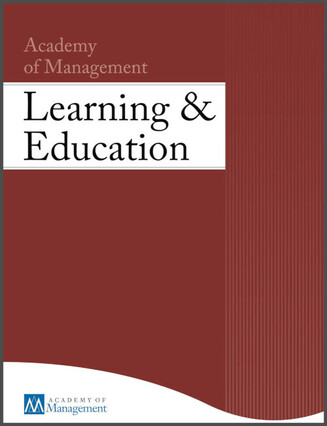INSTITUTIONAL BIOGRAPHY AND KNOWLEDGE DISSEMINATION: AN ANALYSIS OF CANADIAN BUSINESS SCHOOL FACULTY
ABSTRACT
Creating new knowledge is a central purpose of business education. Faculty disseminate new knowledge to stakeholders using a range of different mediums and activities. However, a question of growing importance to scholars, administrators, policy makers, and practitioners remains: knowledge for whom? To address this question, we build on institutional theory and institutional work and argue the value that individual faculty ascribe to these different mediums (e.g., academic journals, books) depends on both institutional biographical and contextual factors. We analyze individual's biographical factors of academic socialization (graduate training, ranking of graduate program, career tenure); practitioner socialization, and interdisciplinary appointments. We assess contextual factors of the school's strategic orientation and accreditation. Our biographical analysis of 740 faculty members from 13 elite and non-elite Canadian business schools suggests that different knowledge-dissemination activities are anchored in a faculty member's scholarly socialization and are influenced by both individual and contextual factors. Our results suggest the divide between academics and practitioners in business schools can be bridged by individual faculty members who possess both academic and professional qualifications.
Statistics
Web of Science Times Cited
20
Journal Citation Indicator
1.83

